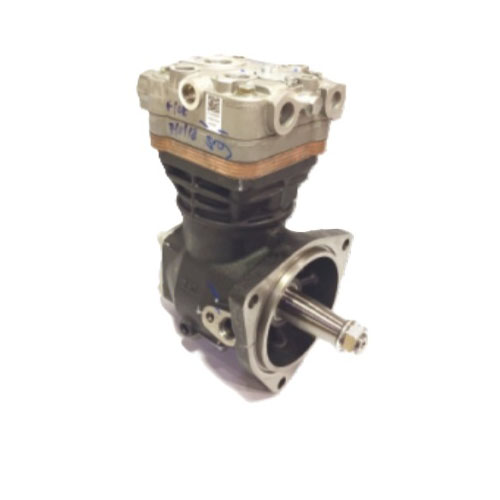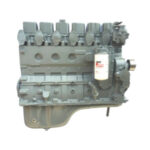Essential Tips for Maintaining Your Air Compressor: Prolong Its Life and Boost Performance
Proper care and maintenance of an air compressor can significantly extend its life, improve its efficiency, and reduce the chances of breakdowns. Here are some key steps to care for your air compressor:
1. Regular Inspection
Performing regular inspections is crucial for keeping your air compressor in optimal condition. Check for signs of wear and tear, loose parts, or any unusual sounds during operation. Ensure that belts, hoses, and fittings are in good condition.
2. Drain the Moisture from the Tanks
Air compressors build up moisture over time, especially in humid environments. Most air compressors have a drain valve at the bottom of the tank. Regularly draining the moisture from the tank will prevent rust buildup and corrosion, which can damage the tank over time.
How to do it:
- Turn off and unplug the compressor.
- Release air pressure by opening the drain valve.
- Once the water drains out, close the valve tightly.
3. Check and Change the Oil
If your air compressor is oil-lubricated, regularly checking and changing the oil is essential. The oil keeps the motor and moving parts lubricated, reducing friction and wear.
How often:
- Check the oil level before each use.
- Change the oil after every 500-1000 hours of use, or as recommended by the manufacturer.
How to do it:
- Turn off and unplug the compressor.
- Unscrew the oil fill cap and drain the old oil.
- Refill the oil to the proper level with the recommended oil type.
4. Replace the Air Filter
The air filter prevents dirt and debris from entering the compressor. A clogged or dirty filter reduces the efficiency of the compressor and could lead to damage.
How often:
- Inspect the air filter every few months.
- Replace it if it’s dirty or damaged.
How to do it:
- Locate the air filter cover and remove it.
- Take out the filter and clean it (if it’s washable) or replace it with a new one.
5. Inspect the Belts
If your compressor uses belts, ensure that they are in good condition and properly tensioned. A worn or loose belt can cause reduced performance and damage the motor.
How to do it:
- Inspect the belt for any cracks or wear.
- Adjust or replace the belt if necessary, following the manufacturer’s guidelines.
6. Tighten Bolts and Nuts
Over time, the vibration of the air compressor can cause bolts and nuts to loosen. Regularly check and tighten them to avoid any mechanical issues or breakdowns.
7. Check for Leaks
Air leaks can reduce the compressor’s efficiency and lead to higher energy costs. Inspect all hoses, fittings, and connections for leaks. Use a soapy water solution to detect air leaks—if you see bubbles forming, there’s a leak.
8. Clean the Cooling Fins
Air compressors rely on cooling fins to dissipate heat. Dust and debris can accumulate on these fins, reducing their ability to cool the compressor. Regularly clean the cooling fins to ensure proper airflow and prevent overheating.
9. Monitor and Maintain Pressure Settings
Always operate the air compressor within the manufacturer’s recommended pressure range. Overpressurizing the tank can damage the compressor and create a safety hazard. Use the pressure gauges to monitor and adjust the settings as needed.
10. Store Properly
When not in use, store the air compressor in a dry, clean area to prevent moisture buildup and dust accumulation. If you’re storing it for an extended period, drain the tank completely, and cover the compressor to protect it from dirt and debris.
11. Replace Worn Parts
As with any machine, some parts of the air compressor may wear out over time. Regularly check components like the belts, seals, and valves, and replace them when necessary to avoid unexpected breakdowns.
12. Professional Servicing
Even with proper maintenance, it’s a good idea to have your air compressor professionally serviced once a year. A professional can spot potential issues and ensure all components are in top condition.
Conclusion
Proper care and maintenance of your air compressor will ensure its longevity and optimal performance. Regularly inspecting the compressor, changing the oil, cleaning the filters, and draining moisture from the tank are all simple yet effective tasks that can help prevent costly repairs and downtime.





